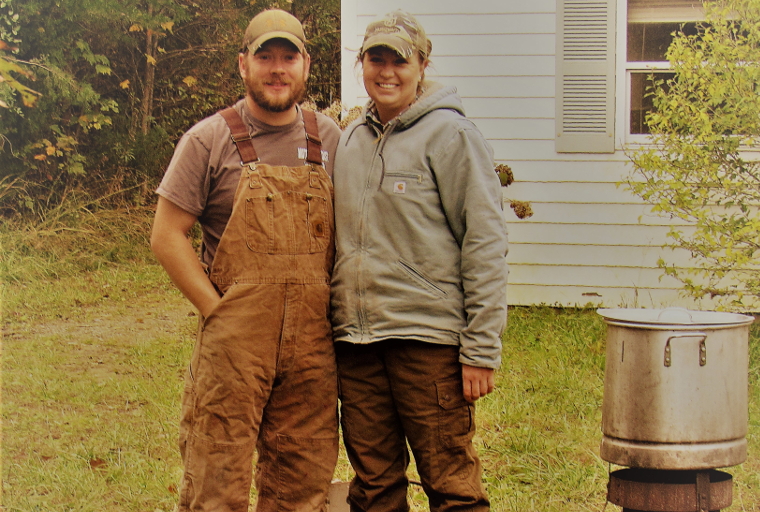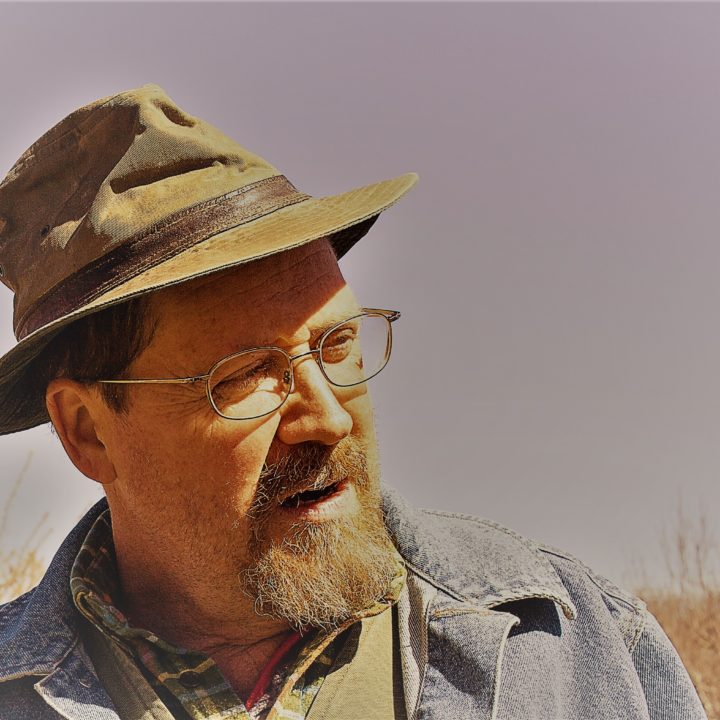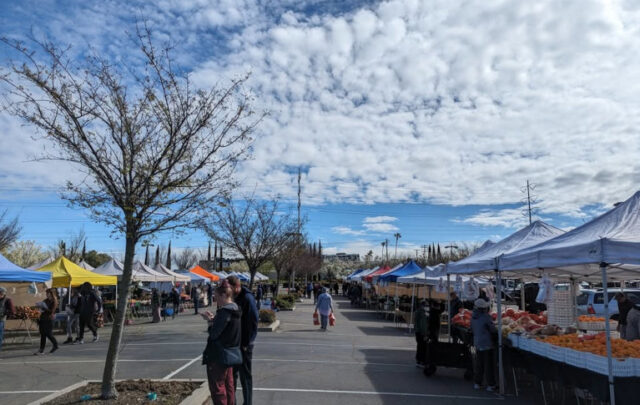Ours is a particular kind of small farm. It’s been called diverse, traditional, insignificant, wonderful, productive, inefficient, and a subdivision waiting to happen. We call it home, of course. On it we have miles of fencing, cattle (from time to time), sheep, pigs, chickens, ducks and geese, gardens, fruit and nut trees, beehives, ponds, wine grapes, many species of birds, outbuildings, a sawmill, too many machines, pastures, and lots and lots of trees.
Over these last two decades, our farm has increasingly become an island. In a county where the small family farm model has historically held sway, the diverse home plot has been swept away by the incoming tide of the modern world. Spending time in hard, rewarding labor seems no longer to carry an allure for most. The old-timers have died, and their farms have gone vacant or been taken over by occupants who are never seen except when their cars pull in or out of the drive.
The farm outbuildings have been torn down and burned, still-usable structures deemed unworthy of saving. The fence rows that once provided barriers for livestock and habitat for wildlife have been pulled up for putting greens, trampolines, and larger lawns. We knew in the past that if our livestock escaped, they would wander into the pasture of a neighbor, contained by their fences until we could retrieve them. Now they could amble across untold acres and yards and roads, unrestrained.
For those who think this is a good thing, either a rewilding of nature or an extension of a suburban dream, they would be wrong. It is merely an indication of a dying way of life. A giving way, a giving up on doing for yourself.
Yet, there are hopeful signs in this changing landscape.
This year our longtime neighbor’s daughter, now grown and with husband and two children, moved back to the farm where she was born. She and her family have begun to remake the mostly dormant property into an active hive of small-farm glory. Now, when I’m on a certain hill working, I hear the sounds of roosters crowing, baby goats and lambs bleating, a steer bawling, people on the land, talking, laughing, feeding, building, planting gardens and orchards — all telling the story of love and activity for a place.
All are signs that this land will be more than just another address to shelter a Netflix account. And those neighbors are not alone. Some young friends of ours have recently bought their own small farm to try and achieve a similar dream of self-sufficing. They are now busy replacing old fence rows, emptying and repairing outbuildings, cutting cedars from the fields, raising chickens, and planting trees.
And there are the other young people who come to volunteer on our farm from every point of the compass and globe. All wanting a more authentic life than that of an avatar in some digital dystopia of our overlords’ making. All with plans of striking out for land with a hard stroke, creating an island life of their own in this modern sea. Not a life lived in isolation. But linked by an invisible thread to those who shared the same dream in the past, who share it now, and who share it in the future.
…………………………………………………………………….
Reading this week: The Conquerors: how Portugal forged the first global empire, Roger Crowley. This is a terrific account of how a poor backwards nation of less than a million disrupted an established global order.
Teaser image credit: Our young neighbors, using our scalder and plucker to process turkeys.






